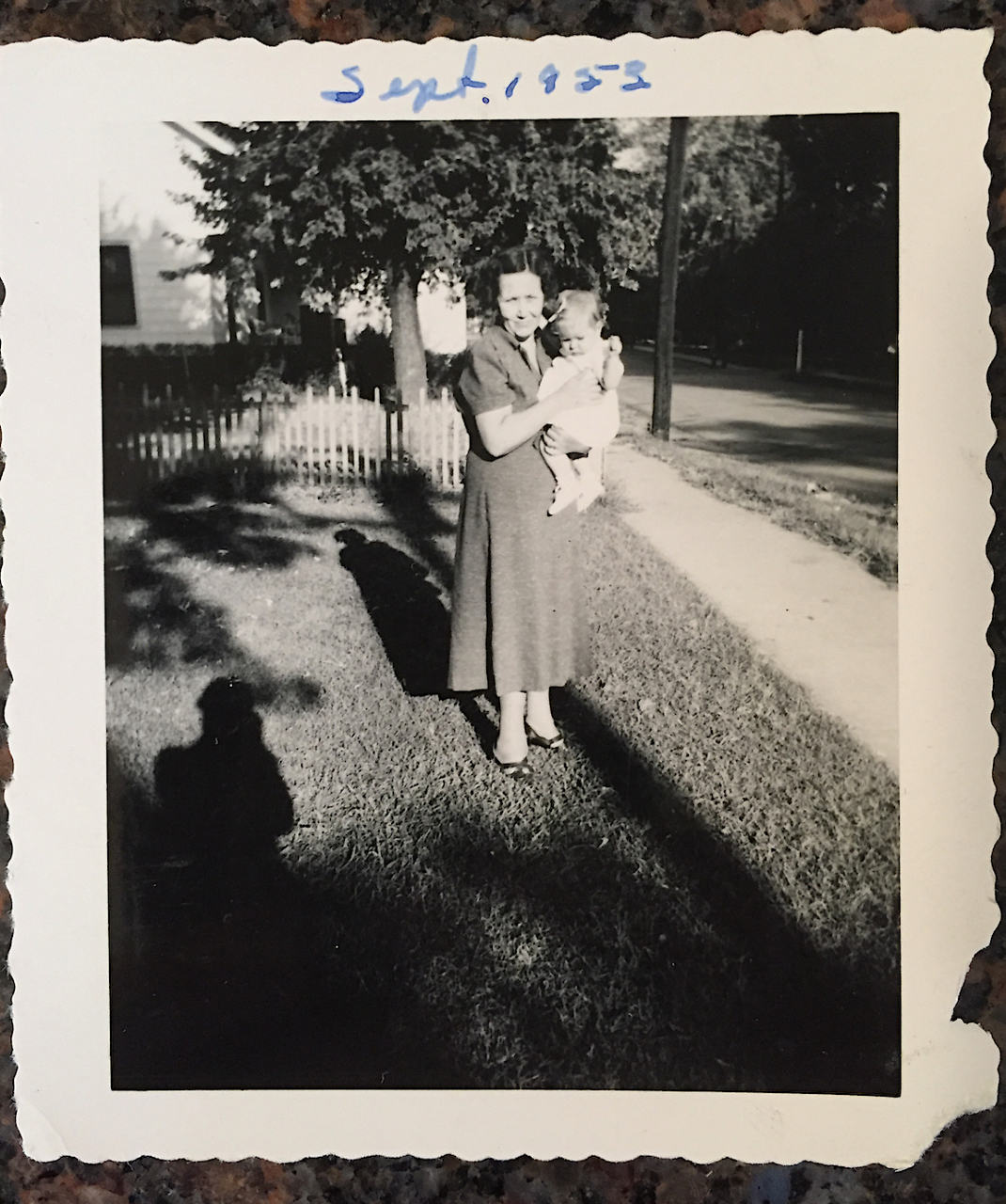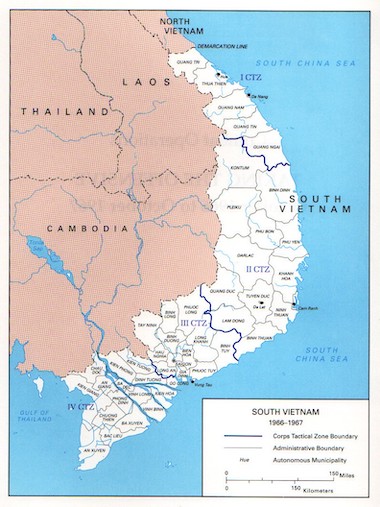The Way It Ends
Mom and I had just gotten to the really good part
The day my mother died, I found myself in the IGA in my hometown buying groceries. It was not how I expected to spend the beginning of my grief, but my husband and kids were en route, and they’d need to eat. The sympathy casseroles would not start arriving for another day or so. With my mother gone, the caretaking would fall to me.
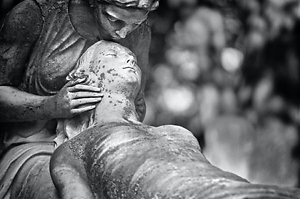
I pushed my cart around carefully, hoping not to see anyone I knew. Everyone in town had heard that Mom was sick, but I really didn’t want to break the news of her death in the soft drink aisle.
I’d spent the past two days sponging my mother’s wasted body and listening to her disjointed thoughts as the process of death gained speed. This surprised me — all the talking. I had expected a dying person to be too fatigued for conversation. Mom, though, seemed restless, sleeping only a couple of hours at a time before calling me take her outside to smoke. She would sit on the deck, cigarette dangling precariously from her thin fingers, her speech by turns instructive, lamenting, loving, and chastising.
I tried to listen. I knew that we didn’t have much time left, but I was exhausted. We had always gotten along so well, but in those last days, I couldn’t do anything right. She’d roll her eyes and sigh as I struggled with her oxygen tubes. I knew that she was not herself, but the sharpness hurt. At those times, I wished Mom had something in her house stronger than Diet Coke.
I am the youngest child in my family and probably spent the most time alone with Mom, watching Jeopardy with her after my dad died unexpectedly when I was 9. My mother was a wonder — hard-working, funny, and strong. She wore no makeup or jewelry, but she was beautiful, with her olive skin and soft brown eyes. She believed anything could be achieved with enough effort. At 72, she was still mowing her own acre of lawn.
When Mom was diagnosed with cancer, I remember thinking we had just gotten to the really good part — where our relationship was entirely easy and unmarred by need. I loved going home. Walking into my mother’s house, with its lemon cake scent and 74-degree temperature even in winter, was always a relief. She was the person in the world who cared the most for me and the one person whose love would be unchanged by my mistakes. Her embrace was the warmth of acceptance, and without it, I feared I would break.
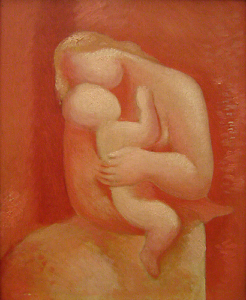 She was given three months to live. I wasn’t sure whether to spend as much time as possible with her early on, while she was still feeling relatively well, or save it until later when she would need care. I decided to take several days off work the first month to be with her. She could still eat (albeit not much), so I would pick up Mexican food from her favorite restaurant and cannoli for dessert. Those were good days. We would talk, have a meal, and she’d nap. I asked her questions I’d never ventured before, about her courtship with my dad, about her dreams and regrets.
She was given three months to live. I wasn’t sure whether to spend as much time as possible with her early on, while she was still feeling relatively well, or save it until later when she would need care. I decided to take several days off work the first month to be with her. She could still eat (albeit not much), so I would pick up Mexican food from her favorite restaurant and cannoli for dessert. Those were good days. We would talk, have a meal, and she’d nap. I asked her questions I’d never ventured before, about her courtship with my dad, about her dreams and regrets.
We also talked about her fears. She was a woman of faith, but she was scared about what might lie ahead. She said that, most of all, she dreaded not being a part of the lives of her children and grandchildren anymore. When I was packing up to go back home, she gave me her CD collection. Listening to the Judds became a ritual of my commute to work.
For a while, it seemed she might outlive the prediction. She felt tired but had no pain. The scale told a different story, though, as her weight tumbled below 90, and then 80, pounds.
Two days before she died, Mom stopped eating. Her eyes were glassy when I held her hand. “I don’t want to feel this,” she’d said, this woman who’d spent her life ignoring her own pain. As we opened the emergency packet the hospice nurse had given us, I thought the container was mislabeled. Death was not an emergency — not here, not for Mom. Death was a destination, a goal that she’d been traveling toward since the doctor had said, “lung cancer” and “inoperable.” Sometimes death comes in a torrent. This was a slow drip — steady, inexorable, not entirely undesired.
I spent the night before she died on the floor of her room. As the last of the siblings to arrive, it was only fair that I take the night shift. But I wanted to be there. I didn’t want to leave my mother, and I didn’t want her to leave me. We had been together, just the two of us, for years after my brother and sister moved out. I was still the baby, and I drank in my mama’s scent, now mixed with the foreboding of decay.
In the night, I woke to the sound of bubbles boiling in a pot, like when my sister used to make me macaroni and cheese from the box with the powder mix. It took a minute for me to recognize this as the death rattle that I’d read about in the hospice materials. I sat on the edge of Mom’s bed and caressed her cheek. She had been unconscious for many hours, but this was the first time it felt like the end. I thought of evenings we’d spent in this room dancing to ‘60s music, my mother’s laughter like windchimes to my ears. I laid my head on her frail chest and wept.
I called hospice, as they’d instructed me to do. The nurse came out and said Mom might have another day at most. By the time we’d walked the nurse outside and returned to the bedside, Mom had already passed. It’s almost like she wanted privacy in her last moment. Or maybe she had wanted to prove the nurse wrong. That would have been like my stubborn, lovely mother.
With her gone, the house seemed changed. Diminished, but unsound, its walls ready to topple over at any moment. I cleaned and dressed my mother for the last time, and I realized I never wanted to come back to that house again.
As I drove the familiar winding two-lane highway to the store, I tried to adjust my thoughts to this new reality. Something fundamental about me had changed. I was no longer a daughter. When my dad died, I had felt marked by the absence, as if the hole in my family defined me. In truth, it always had. I was the one who had endured a tragedy. My friends couldn’t complain about their dads around me. Now I would be the odd one out once again. At 36, the motherless one, the parentless one. The one whose tether to the past has frayed to a thin cord, shiny with memory. The one for whom the future has to be enough.
I picked up orange juice because Nick never liked the store-brand my mom bought. My oldest could eat three bowls of Cheerios in a day, so I grabbed the large box. I passed by the soft cheese and the oatmeal that I had brought to my mom so many times in the last few weeks. I smiled at the cashier when she gave me my receipt, and I waited until I got back in my Honda to cry.
When I saw my husband’s car pull in the driveway later that evening, I looked around the living room, especially at the spot on the couch that had been my mother’s, with her newspaper, glasses, and word search book close by. Then I opened the door and hugged my children tight. I followed them inside, ready to begin again.
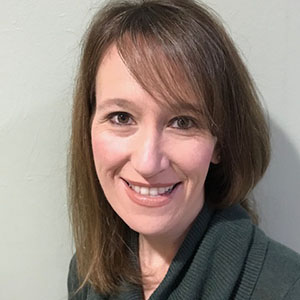
Copyright © 2020 by Heather Iverson. All rights reserved. Heather Iverson is an attorney and lives with her husband and three children in Nashville. Originally from southeast Tennessee, she received a degree in English from Lee University and attended law school at the University of Tennessee, Knoxville.

